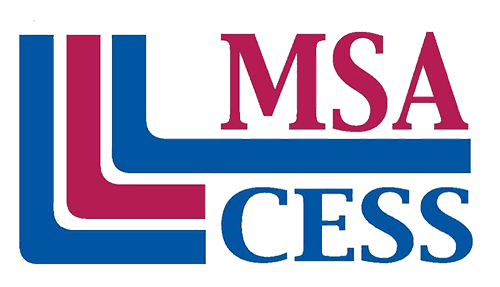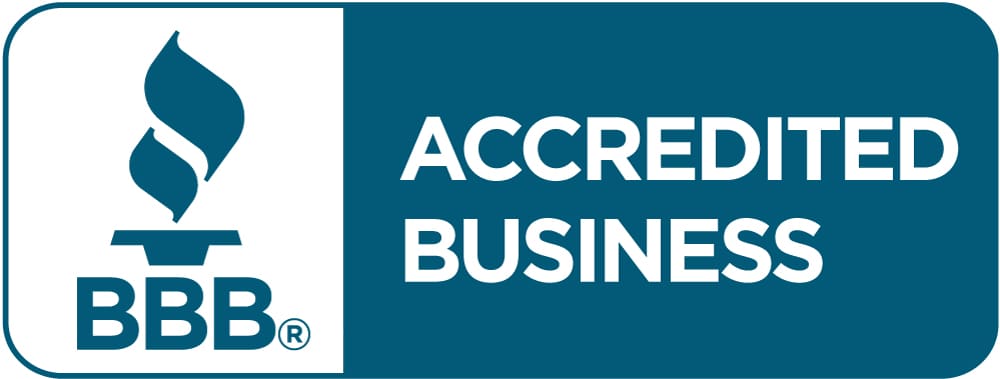At ACI Medical & Dental School, we train our students for in demand careers in the healthcare field. With jobs in the medical and dental fields growing at a much faster rate than other professions and more positions than employers can fill, there has never been a better time to pursue a career in healthcare.
With so many possible career paths to choose from, it can be difficult to know where to start. In our Career Comparison blog series, we’ll look at some different healthcare positions so you can make an informed choice. In this post, we’ll compare the roles of a Dental Assistant vs. Dental Hygienist. Both positions work under the supervision of a dentist, but they perform separate tasks and interact differently with patients.
What Is A Dental Assistant?
A Dental Assistant serves as a critical member of a dentistry clinic’s team, one who exists to help improve the quality and efficiency of the clinic both administratively in the front office and clinically in the exam room or lab. Dental Assistants fulfill a wide range of duties during a typical day, from scheduling appointments and checking in patients to preparing patients in the exam room, taking X-rays, and assisting dentists during routine procedures. A Dental Assistant’s day-to-day tasks are wide-ranging and require exceptional multitasking and organizational skills.
What Does A Dental Assistant Do?
- Assisting the dentist with intra-oral dental procedures
- Communicating with patients
- Processing and sterilizing dental instruments and equipment, tray set-ups
- Radiological tasks such as exposing and processing x-rays
- Assisting in emergency and clinical procedures
- Helping to manage the front office of the dental practice
- Updating patient electronic health records (EHR)
A Dental Assistant position is a great foundation to become a Dental Hygienist!
What is a Dental Hygienist?
Dental Hygienists are primarily responsible for cleaning teeth, examining patients for oral diseases, and educating patients on preventative dental care practices. They use specialized dental tools, including hand, power, and ultrasonic devices. Dental Hygienists take x-rays of patients’ mouths to check for teeth or jaw alignment problems. A Dental Hygienist can also provide information on maintaining oral health and hygiene.
What Does a Dental Hygienist Do?
- Collecting information about the patient’s oral and medical health history
- Removing calculus, stains, and plaque (hard and soft deposits) from all surfaces of the teeth
- Making molds of patients’ teeth used for evaluating treatment
- Charting patients’ dental conditions for the dentist
- Applying fluorides and decay preventatives
- Administering local anesthetics
- Removing sutures and dressings
Similarities Between Dental Assistants and Dental Hygienists
While Dental Assistants and Dental Hygienists have distinct roles, there are several similarities between the two professions:
- Work Environment: Both Dental Assistants and hygienists typically work in dental offices, though opportunities may occasionally come up in other settings like medical offices or hospitals.
- Patient Interaction: Both roles require regular interaction with patients throughout the day. Whether it involves assisting with procedures, cleaning teeth, or scheduling appointments, strong communication skills and the ability to ease nervous patients are essential for both professions.
- Work Schedule: Since both positions are centered around dental office operations, they generally follow standard weekday business hours. While some practices may offer extended hours, weekend or overnight shifts are rare in this field.
- Job Growth: Both careers have promising job outlooks, with projected growth rates of around 8%, which is above the national average. This growth highlights the demand for skilled dental professionals in both roles.
Dental Assistant vs. Dental Hygienist: Key Differences
Dental Assistants focus on supporting dentists and managing the office, while Dental Hygienists provide clinical care directly to patients and specialize in oral health prevention. Both play vital roles in maintaining a dental practice and ensuring patient care.
One main difference between Dental Assistants and Dental Hygienists lies in the tasks that they can perform. Dental Hygienists can generally perform more executive functions than Dental Assistants. For example, Dental Hygienists can perform cleanings, polishing, and examination of a patient’s teeth, while Dental Assistants are not permitted to do so by law.
Additionally, education requirements vary for each position. Dental Assistants typically complete a certification diploma program, whereas Dental Hygienists must earn a two-year associate degree in dental hygiene, with licensing requirements that include passing national and state exams. The scope of practice reflects these differences, as Dental Assistants work under the direct supervision of a dentist, while Dental Hygienists often work more independently within their defined scope.
Dental Assistants can obtain a full DANB certification at ACI Medical & Dental in just a few months, along with a 180-hour internship!
Learn More About Our Dental Assistant Program
At ACI Medical & Dental School, our faculty and administration are committed to your success, and our affiliation agreements with major New Jersey hospitals, doctor offices, and clinics provide students with internship and future employment opportunities. If you are interested in enrolling in ACI Medical & Dental School’s Dental Assistant program with Radiology, contact us today and take the first step towards an exciting, in-demand new career!








